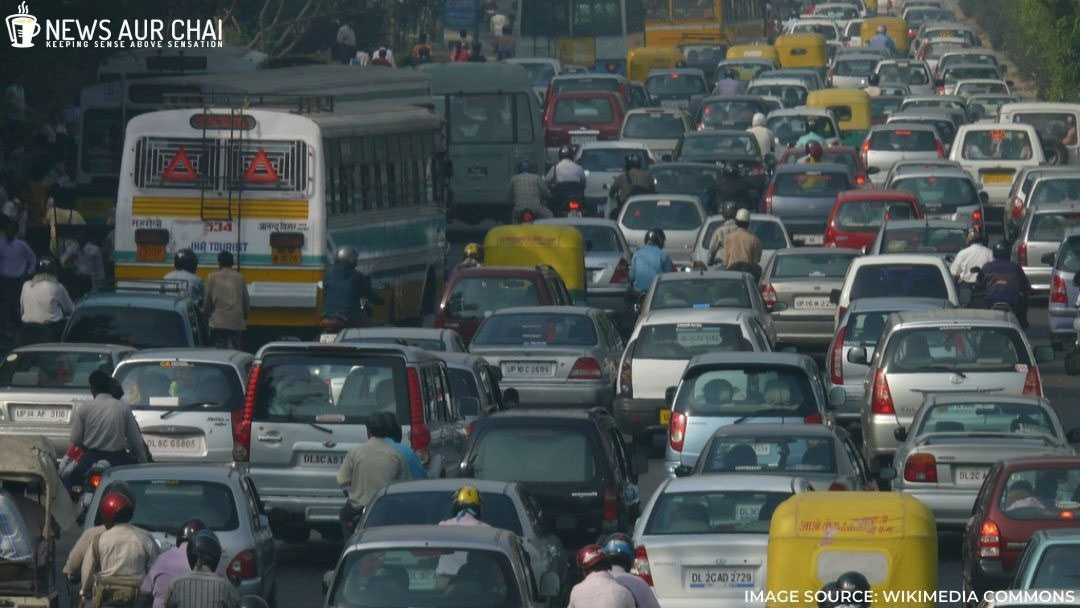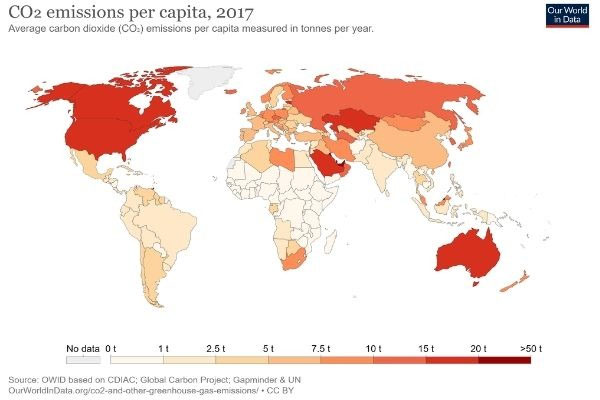
If there is one this to be positive about during this lockdown, it is how the levels of pollution had reduced as compared to last year. The Air Quality Index (AQI) indicated levels below 50, or ‘good’, prompting authorities to ensure pollution levels stay down in future. Nitrogen Oxide (NOx) pollution has also gone down in several cities across India.
The coronavirus pandemic has overturned our lives; being in lockdown mode for almost a month is our best efforts to flatten the curve of the outbreak. As commerce shuts down and billions of people worldwide stop their daily commute to work, the world is getting quieter. The inevitable traffic noise that we were accustomed to before the pandemic has now disappeared; the hustle and bustle of daily activity has slowed down.
An unprecedented occurrence, like this pandemic, is affecting the entire planet positively and scientists around the world are monitoring changes, especially about the improvement in air quality. It’s during times like these we ought to exercise our individual and collective responsibility. We can use this time to reflect on how our carbon footprint has impacted the earth so far, and what change we as individuals can do to protect the environment.

Our Daily Commute
Life in many metropolitan cities across the country are known for their horrendously long wait in traffic. In a city like Bangalore, one could often waste an entire day just by waiting for the traffic to move. With the virus outbreak, roads are relatively empty, and pollution has been reduced. In India, every year during late September and October mainly in Punjab and Haryana burns an estimated 35 million tons of crop waste from their paddy fields. After harvesting the crop, as a low-cost straw-disposal practice to reduce the turnaround time between harvesting and sowing for the second (winter) crop, they burn the residual.
Delhi has been suffering because of this, as the already polluted state’s air quality drops drastically during this time. On October 14, 2019, the air quality index (AQI) in the national capital was at 280, the upper end of ‘poor’ category, according to the Centre-run System of Air Quality and Weather Forecasting. From October to early this year, the Delhi Government had a challenging task of improving the air quality.
The Government didn’t have any option but to re-introduce the odd-even system to control the pollution. Now, as employees are working from homes, students taking online classes, there is less movement outside.
Being at home brings out how our usual routine of life is affecting the ever-changing planet around us. The changes we are dealing with are good, especially for our planet. We have not just witnessed the changes in road transportation, but there have been changes in the air traffic too.
How has COVID 19 lockdown reduced air traffic?
Travel ban has caused some trouble throughout the country; students living away from home or even living abroad could not travel after the Government issue a travel ban in early March. As transport was closing, train and bus tickets were being cancelled, so were flights.
The Directorate General of Civil Aviation (DGCA) had announced that the travel of passengers from member countries of the European Union, the European free trade association, Turkey and the United Kingdom to India is prohibited with effect from March 18, 2020. With more and more airlines cancelling their services to and fro our country, it had resulted in clean and clearer skies.
The ban on both domestic and international travel has meant lesser planes flying to and fro from various global and domestic destinations.
Status of Air quality in Delhi
The data put forth by the Central Pollution Control Board (CPCB) indicates that the air quality in the national capital is presently in the “good” category. Moreover, 92 other cities with CPCB monitoring centres have recorded minimal air pollution, with the air quality in the range of “good” to “satisfactory”.

According to the System of Air Quality and Weather Forecasting And Research (SAFAR), Delhi has also seen a 30 per cent reduction in fine particulate pollutant as a result of the lockdown, and a 15 per cent drop has been recorded in Ahmedabad and Pune.
This was a wakeup call not just for the Government but also for us the citizens. A change in the global emission of greenhouses gases made it possible for pollution-free air, the reduction of commuting has led to not only quieter roads but also social responsibility as to how an individual’s carbon footprint has affected our entire planet so far.
For those looking to stay positive, during this lockdown, here is what you need to know– the reduced traffic on the roads and the skies across India is having a profound impact on our nation’s air quality.





